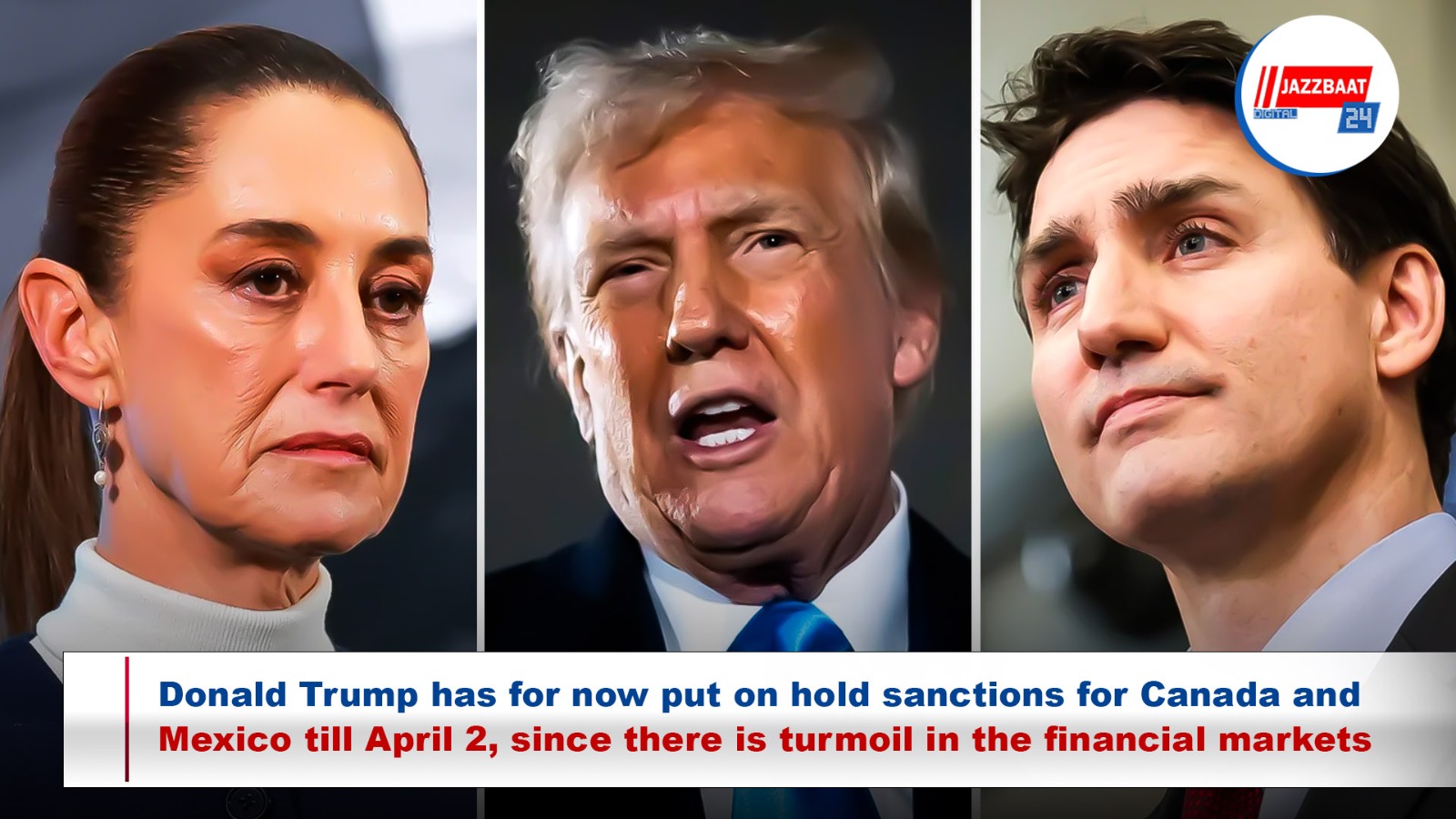Earlier Trump had ordered tariffs for steel and aluminum imported from Canada and Mexico, claiming they were intended in protecting American industries from unfairly competing with these countries' products. However, the tariffs reaction was for a sudden drop of stocks in the markets in fear of retaliation from Canada and Mexico, hence a possible trade war and further destabilization of the global market.
With the firming up of those tariffs, the aim of the Trump administration would, therefore, be to take time to ascertain what the economic consequences are and also to negotiate with the two neighboring countries on better trade terms.
White House officials have said the postponement should allow for further discussions and diplomatic efforts to deal with concerns raised by both U.S. businesses and foreign partners. U.S. business leaders and economists, meanwhile, have mixed feelings. Some believe it presents an opportunity for a more lengthy look at how trade is structured, while others believe uncertainty about tariffs has continued to poison market confidence.
With the new deadline approaching, when all eyes are on the White House, nobody really knows whether Trump will ultimately go back to enforcing the tariffs or will give in to a new trade deal with Canada and Mexico. What is certain is that this decision will have repercussions for a long time to come with respect to trade relations and stability in the financial markets.





